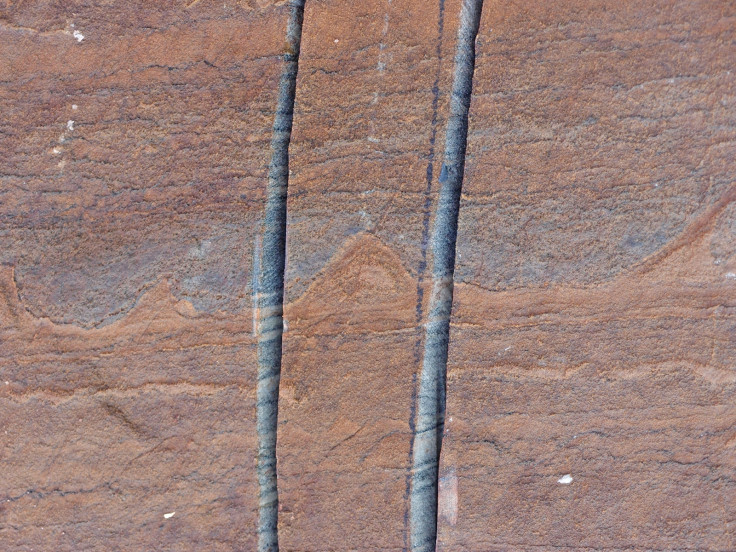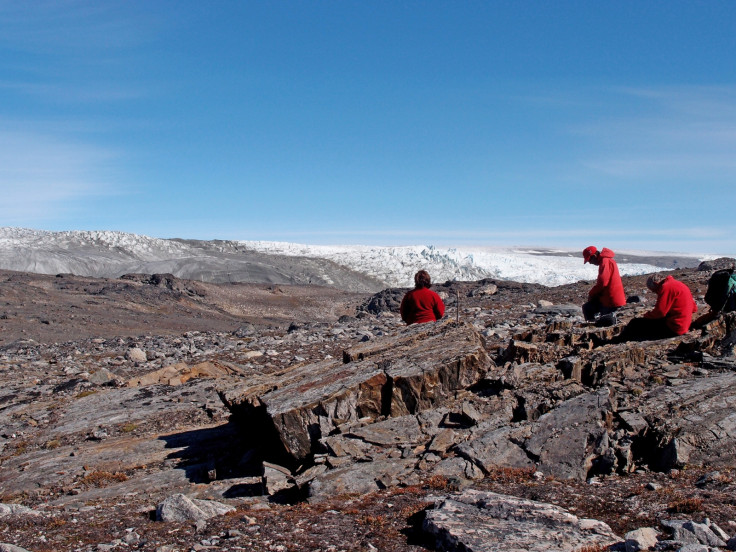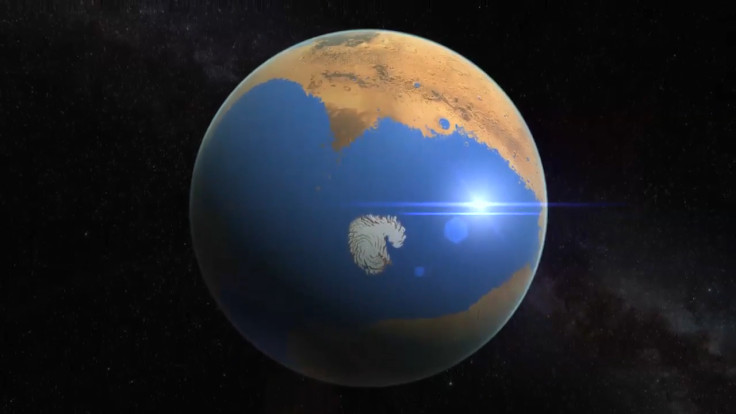World's oldest fossils discovered in Greenland are 3.7 billion years old
Fossil stromatolites exposed by melting snow patch pre-date previous oldest by 220 million years.

The world's oldest fossils have been discovered in Greenland, dating back 3.7 billion years. The fossil stromatolites found predate the previous oldest by 220 million years and fit in with the understanding that life on Earth began in the Hadean eon, over four billion years ago.
The development of life altered our planet's chemical cycle, eventually creating the environment we live in today. But when life first emerged is not yet known.
Earth formed 4.6 billion years ago. The key question is whether life had to wait for a suitable environment in order to take hold, or whether conditions were ripe early on in Earth's history.
In their latest study, published in Nature, scientists led by Allen Nutman, from the University of Wollongong in Australia suggests the fossils point to the latter, with life having arisen during the earlier stages of Earth's formation.
Furthermore, the age of the fossils could have implications for life on other planets – if life can arise so early on in Earth's history, why not elsewhere in the universe?
3.7 billion-year-old fossils
The fossils were discovered in the Isua Greenstone Belt, southwest Greenland, after being exposed by the melting of a snow patch. Stromatolites are sedimentary structures created by microorganism communities that are trapped in rocks. These are the "most persistent evidence of life in Earth history", the team wrote. However, they added finding extremely old examples is problematic because they get deformed over time. The previous oldest fossils ever discovered are 3.48 billion-year-old fossils discovered in the Dresser Formation in Australia.

The Isua fossils are between one and four centimetres tall. Analysis of the rocks revealed the microorganisms would have lived in a shallow marine environment. The setting and complexity of the stromatolites indicates sophisticated life systems had been established less than one billion years after Earth formed.
Origins of life
Finding such lifeforms were present on Earth 3.7 billion years ago indicates it first began far earlier, having had a "considerable prehistory" before these microorganisms lived. Researchers say this finding supports the consensus that life began at least four billion years ago.
Nutman told IBTimes UK: "Life was already sophisticated 3,700 million years ago, because stromatolites are the product of microbial communities. Also - this provides evidence of one setting for life at that time – a shallow marine (near-shore) setting. This does not exclude that life was established in other settings."
For this reason, the potential for life to have started even earlier than previously believed is a possibility. And this has implications for the emergence of life on other planets.

In a related News & Views article, Abigail Allwood from Nasa's Jet Propulsion Laboratory wrote: "If these are really the figurative tombstones of our earliest ancestors, the implications are staggering. Earth's surface 3.7 billion years ago was a tumultuous place, bombarded by asteroids and still in its formative stages. If life could find a foothold here, and leave such an imprint that vestiges exist even though only a minuscule sliver of metamorphic rock is all that remains from that time, then life is not a fussy, reluctant and unlikely thing. Give life half an opportunity and it'll run with it."
Allwood said if these fossils are indeed the oldest signs of life on Earth ever discovered (she cautions the findings will be controversial) the potential for life on Mars to have emerged "may look even more promising than before".
Asked if fossil discovery has implications for life on other planets, Nutman added: "Yes, certainly it could. There will be increased interest in possibilities on Mars."
© Copyright IBTimes 2025. All rights reserved.






















